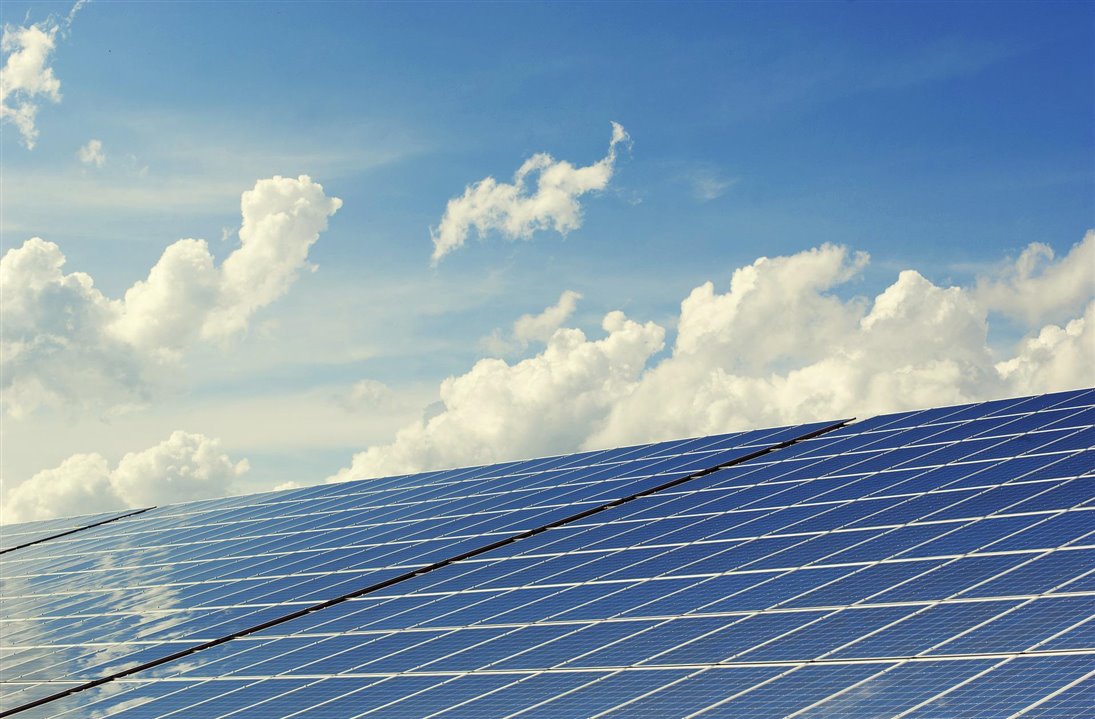
(Image Credit: Andreas 160578/pixabay)
Today's solar panels are produced with silicon and have limited room for improvement. Higher efficiency solar panels are required to help shift to clean energy. Scientists at the University of Cologne say they developed the world's best solar panel, reaching 24% efficiency via its organic and perovskite-based absorbers integration.
This solar panel has organic carbon-based semiconductors that conduct electricity under specific conditions. It also includes a lead and halogen-based perovskite compound. These materials consume less energy compared to silicon cells, making them sustainable.

The left image shows a contacted tandem solar cell in the simulator. The image on the right shows apparatus measurements for energy levels with photoelectron spectroscopy. (Image Credit: left: Cedric Kreusel, Wuppertal, right: Selina Olthof, Cologne)
Solar panels must convert sufficient sunlight into electricity since it has various colors. Such a feat is typically achieved through tandem cells that have a combination of different semiconductor materials in the solar panel to absorb the sunlight. The team used organic semiconductors to absorb ultraviolet and visible light. Meanwhile, the perovskite was used for infrared light. Although similar materials were used in other panels, the team says this concept significantly improves their performance.
The world's most powerful organic tandem cells achieved 20% efficiency when this project started. Simulations performed by the team revealed that eco-friendly electricity generators have the potential to reach 30% efficiency down the line.
"Conventional solar cell technologies are predominantly based on the semiconductor silicon and are now considered to be 'as good as it gets,'" says study co-author Dr. Selina Olthof in a statement. "Significant improvements in their efficiency – i.e., more watts of electrical power per watt of solar radiation collected – can hardly be expected. That makes it all the more necessary to develop new solar technologies that can make a decisive contribution to the energy transition."
Have a story tip? Message me at: http://twitter.com/Cabe_Atwell
